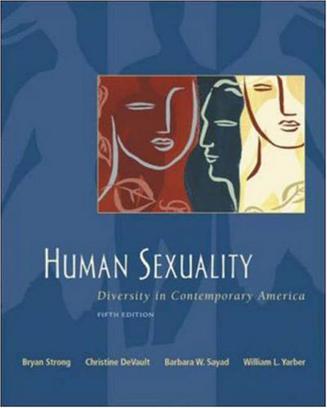在线阅读本书
The Tenant of Wildfell Hall, the second and final novel by Anne Bront?, is concerned with the story of a woman who leaves her abusive, dissolute husband, and who must then support herself and her young son. Originally published in June of 1848, it challenged the prevailing morals of the time; a critic went so far as to pronounce it "utterly unfit to be put into the hand...
在线阅读本书
The Tenant of Wildfell Hall, the second and final novel by Anne Bront?, is concerned with the story of a woman who leaves her abusive, dissolute husband, and who must then support herself and her young son. Originally published in June of 1848, it challenged the prevailing morals of the time; a critic went so far as to pronounce it "utterly unfit to be put into the hands of girls". It is considered to be one of the first feminist novels.
This work is a sometimes violent and brutal tale of love and betrayal, separation and reconciliation, set in the familiar Bronte landscape of bleak houses in moorland settings. This new edition is taken from the 1848 second edition of the text, with corrections made to that text.
From AudioFile
Helen Graham has taken up residence in the bleak Wildfell Hall with her young son to escape her alcoholic and philandering husband. The story is narrated both by Helen and the man who falls in love with her. Frederick Davidson and Nadia May take the roles of the storytellers, and they do an excellent job of portraying both the male and female voices. May reads Helen's diary and correspondence. May's voice is young, fresh and naive, well-suited to Helen as a young woman; the voices of the men are excellent as well. Her laughter sounds genuine, and her portrayal of drunken men is perfect. She moves the narrative along crisply, with just the right touch of drama. Davidson's voicing is also excellent, but he tends to overdramatize at times, and his tempo is just a shade too fast. The choice to use both male and female narrators was a good one, enlivening the story and underlining the differences between the sexes in Victorian England. S.S.R.
From 500 Great Books by Women; review by Erica Bauermeister
Of the three Bronte sisters, Emily and Charlotte are better known, yet it is Anne's work which carries some of the strongest feminist themes. In The Tenant of Wildfell Hall a devout young woman named Helen falls in love with a man who is handsome, but whose values are questionable; willing to believe she can alter his character, she marries him. Her marriage becomes a misery she has no power to change until she devises a bold plan to take control. Her story comes through two voices - her own and that of Gilbert Markham, a man who falls in love with Helen later in her life - and is told through journals and letters written over a period of time. Because of the privacy and immediacy of these narratives, the reader sees personal changes and attitudes Helen and Gilbert are often unaware of at the time: we witness Helen's first naive protestations of passion for her husband and follow her through her eventual disillusionment; we recognize Gilbert's early, unconscious egotism. While the plot continues and mysteries are unraveled, what Helen and Gilbert say - as well as what they don't say - provides another story to follow, which reinforces Anne Bronte's indictment of the sexual double standards of nineteenth-century Britain.
Book Dimension
Height (mm) 198 Width (mm) 126
 THE TENANT OF WILDFELL HALLtxt,chm,pdf,epub,mobi下载
THE TENANT OF WILDFELL HALLtxt,chm,pdf,epub,mobi下载 首页
首页



相当发人深省
一方面满足了自己的好奇心
已经被深深吸引
让人叹为观止。